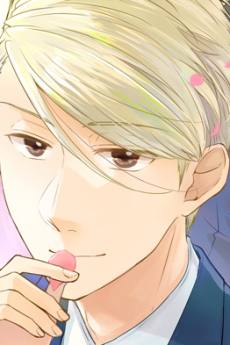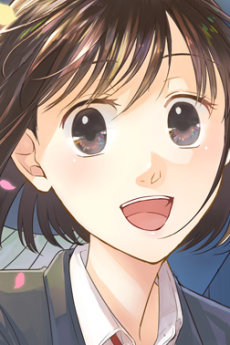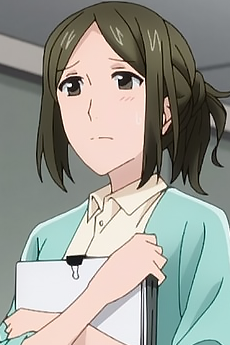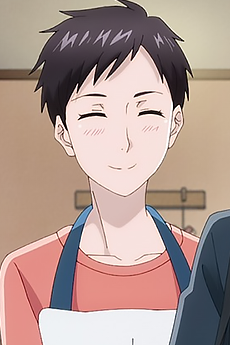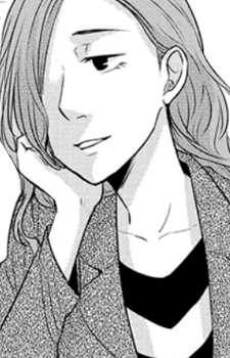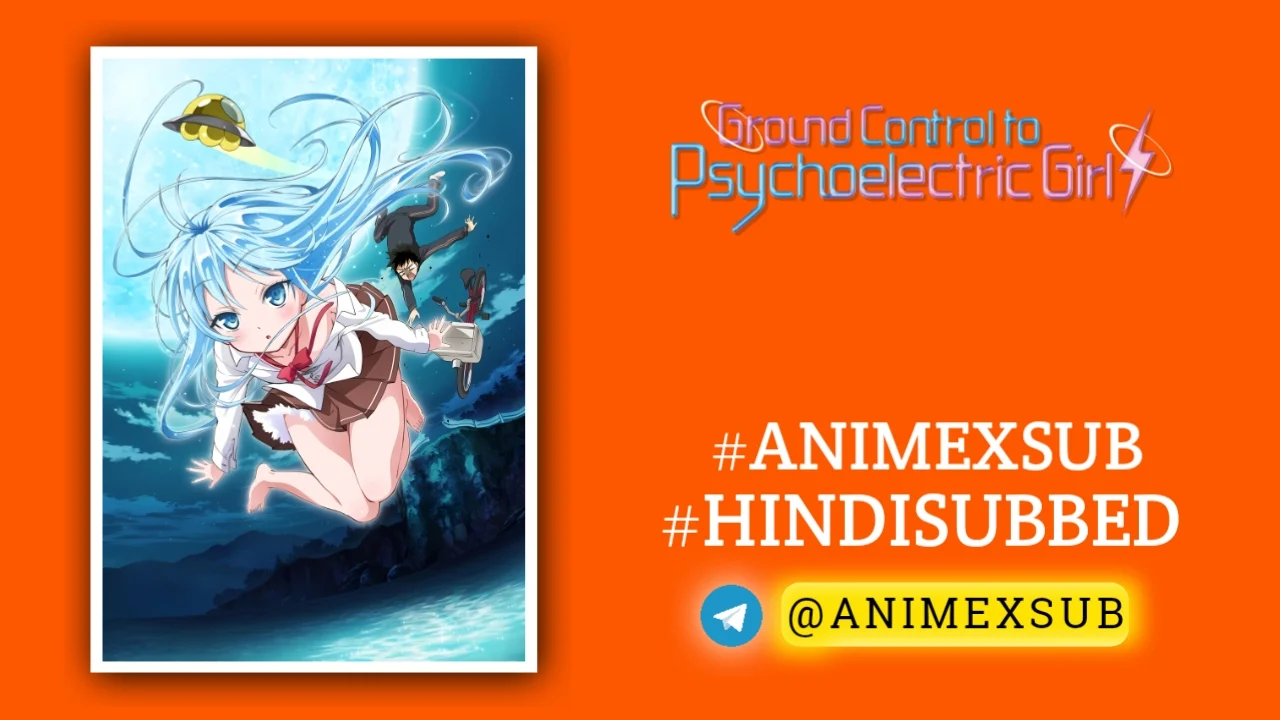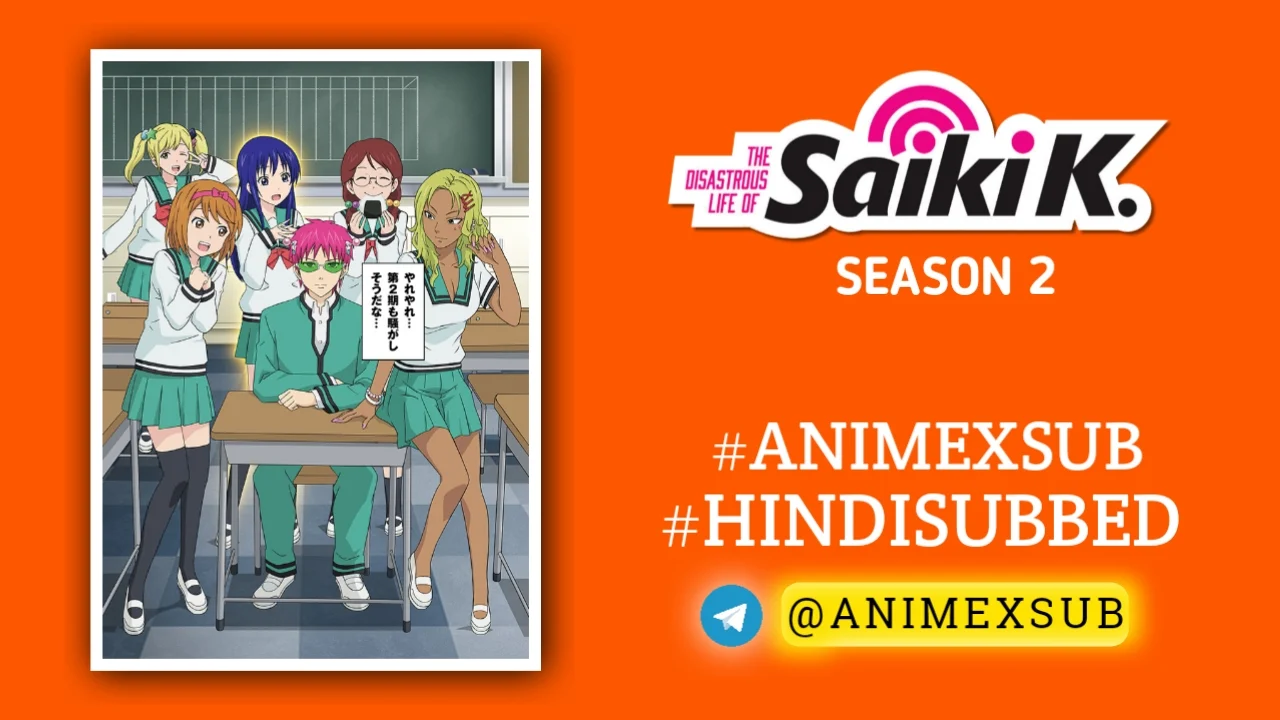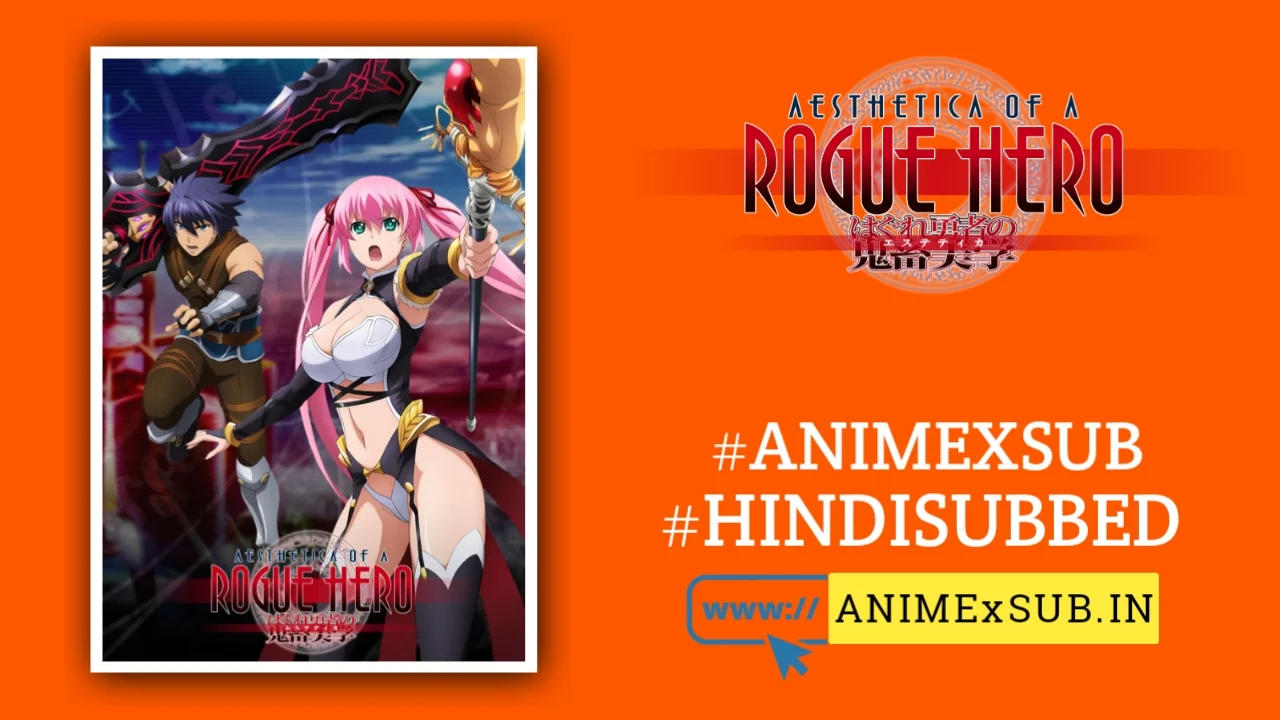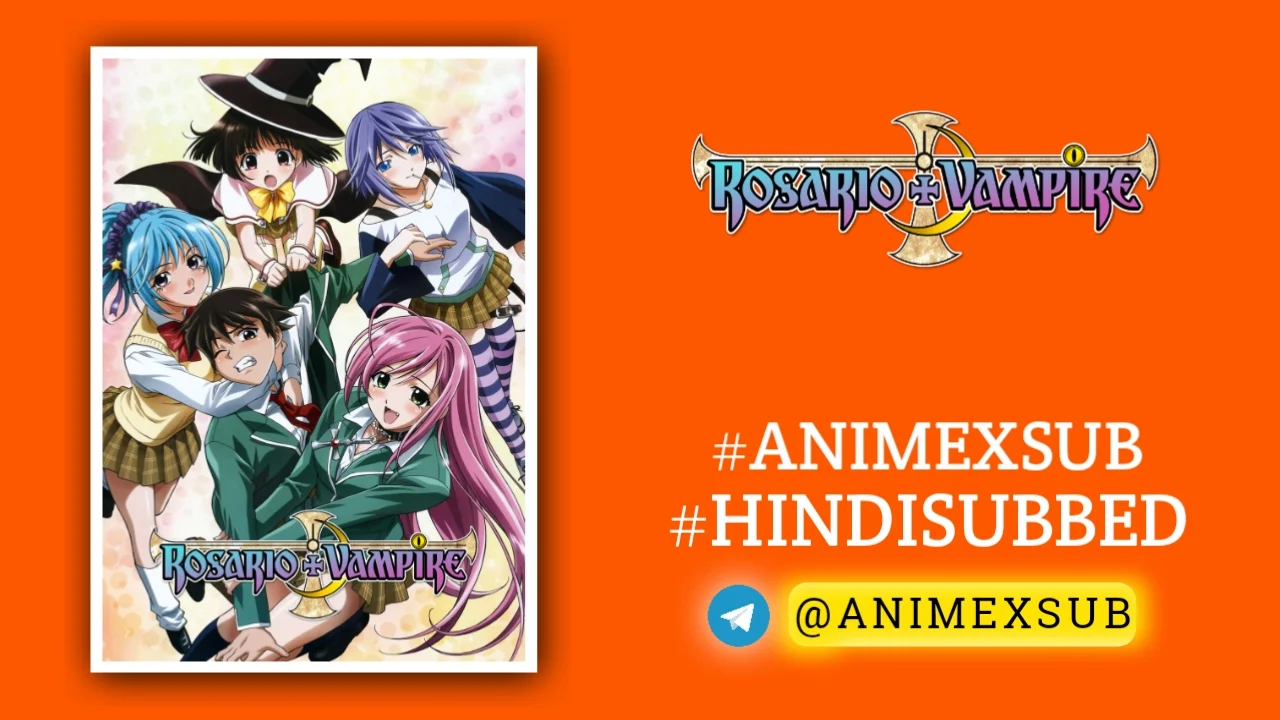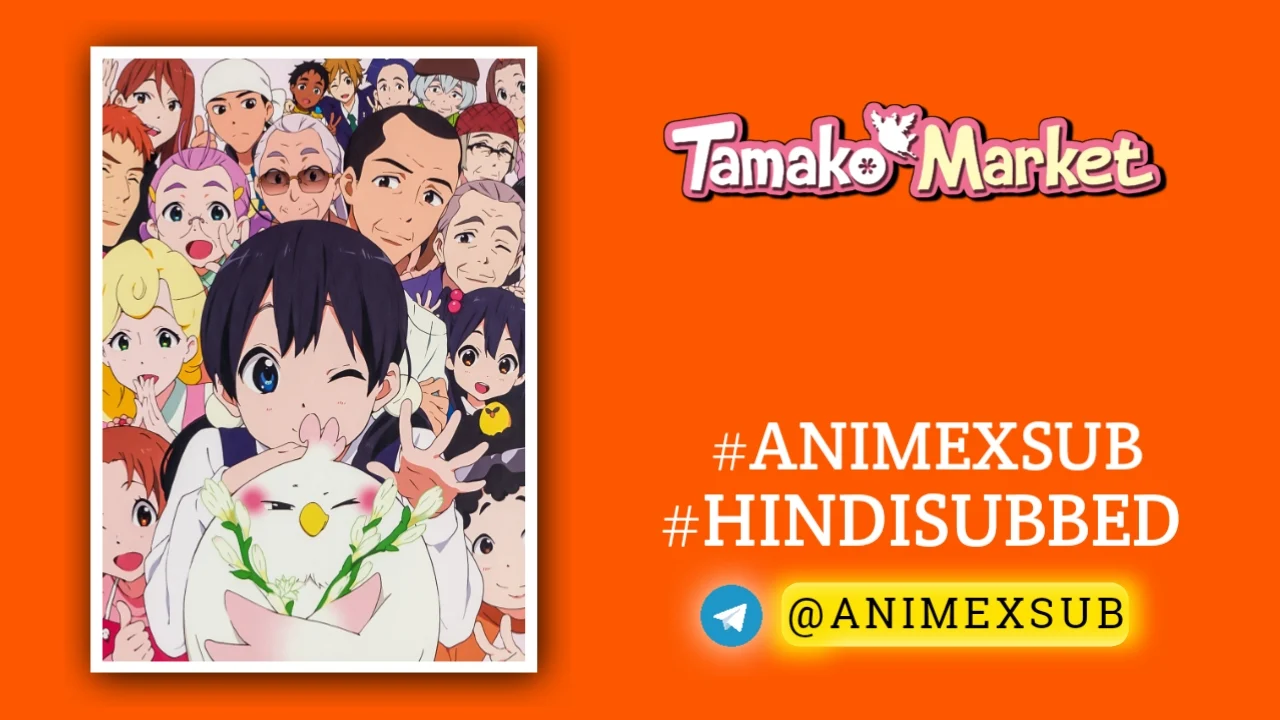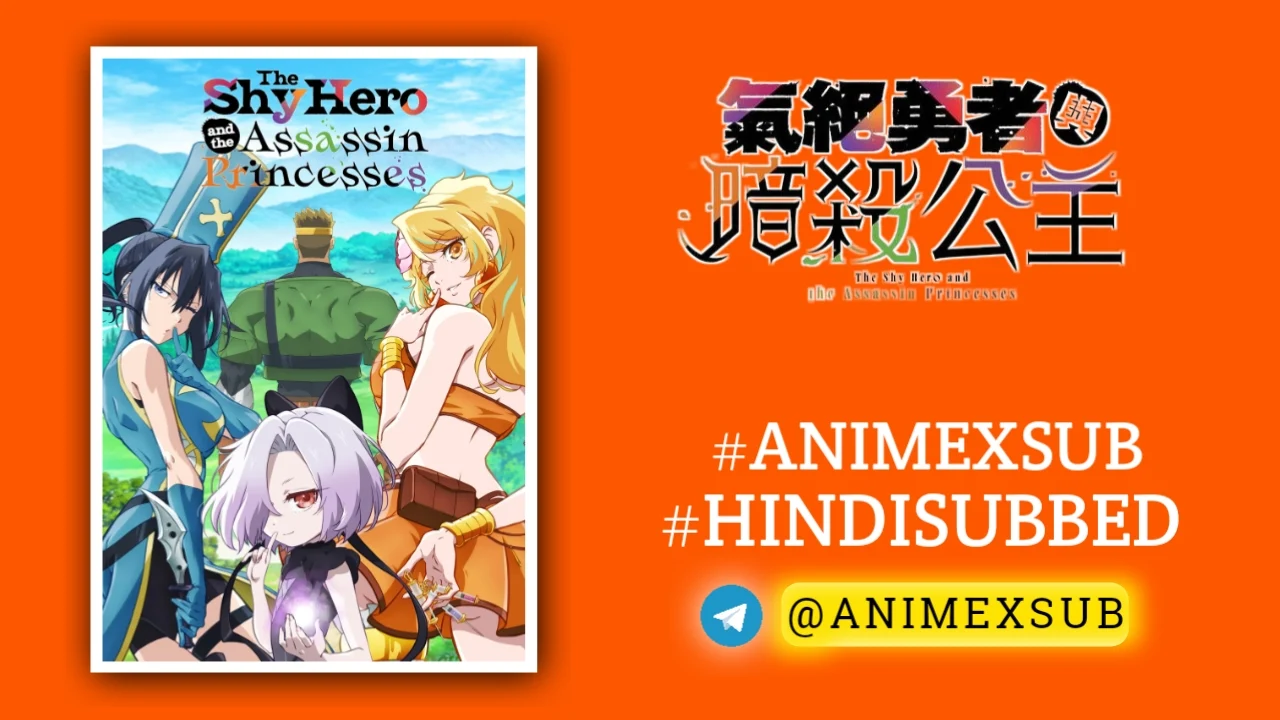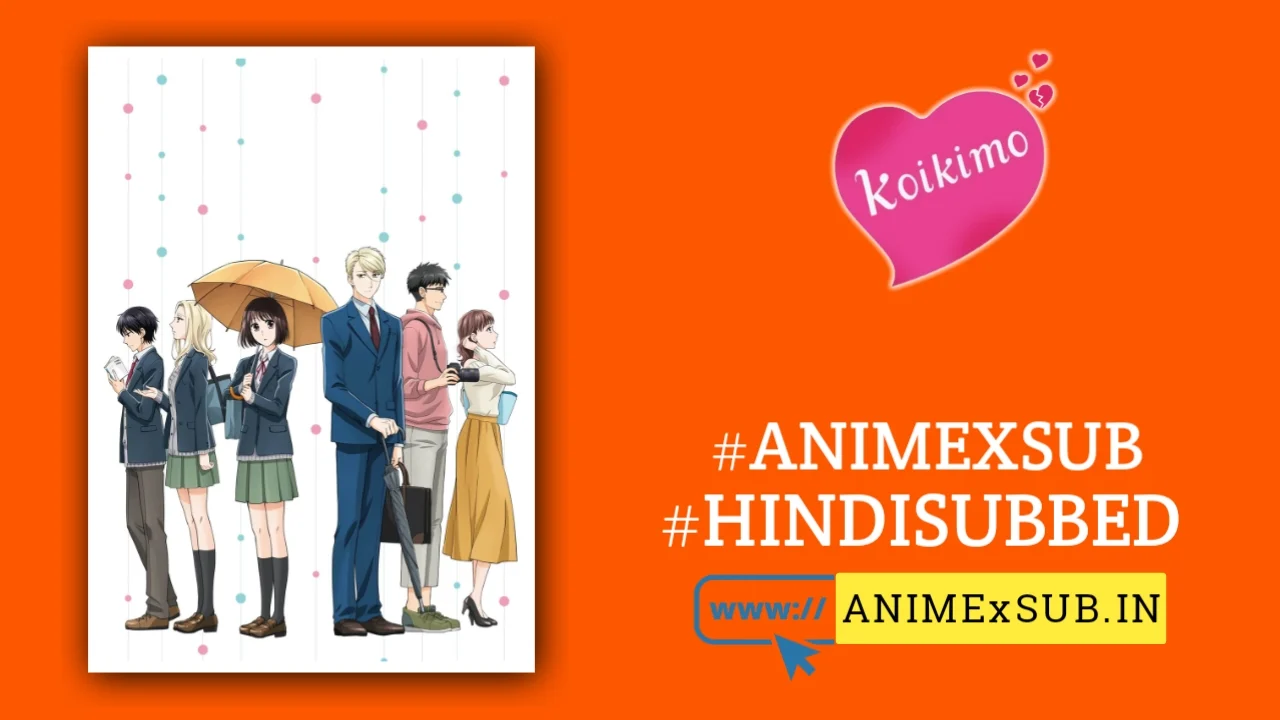
It’s Too Sick to Call this Love Hindi Subbed [12/12] | Koi to Yobu ni wa Kimochi Warui Hindi Sub!!
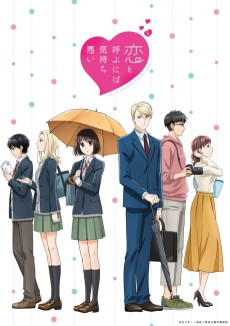
Koi to Yobu ni wa Kimochi Warui
KoikimoSynopsis
One rainy day, salaryman Amakusa Ryou is saved by a high school girl he doesn't know at the station. He later finds out that the girl is Arima Ichika. Ryou is somewhat of a womanizer and to repay her for saving him, he suggests giving her a kiss or going out on a date with her, in which Ichika tells him he's creepy. This, however, opens a new door for Ryou and he falls madly in love with her. Ever since then, Ryou tries to overly express his feelings to Ichika. Ichika just keeps insulting him and says he's being creepy, but he just seems to take it as her way of showing affection towards him...(Source: Crunchyroll) Note: The show streamed in advance on Amazon Prime Video on March 29, 2021. Regular broadcast started on April 5, 2021.
Watch Trailer
Characters
It’s Too Sick to Call This Love, Season 1: A Deep Dive into a Polarizing Romance
It’s Too Sick to Call This Love (also known as Koikimo or Koi to Yobu ni wa Kimochi Warui), a 2021 anime adaptation of Mogusu’s manga, is a romantic comedy that dares to tread into controversial territory with its premise: a 27-year-old businessman, Ryou Amakusa, falls for his high school sister’s 17-year-old best friend, Ichika Arima. The show’s exploration of an age-gap romance, combined with its attempt to balance humor, heart, and social commentary, makes it one of the most divisive anime of its season. This article offers a fresh, in-depth analysis of Season 1, dissecting its narrative choices, character dynamics, cultural context, and technical execution, while steering clear of promotional fluff to deliver a critical, thought-provoking review.
The Premise: A Risky Foundation
At its core, It’s Too Sick to Call This Love revolves around an unlikely romance sparked by a chance encounter. Ryou, a wealthy, charming, but emotionally shallow playboy, nearly falls down a flight of stairs one rainy morning, only to be saved by Ichika, a pragmatic and no-nonsense high school girl. Struck by her kindness and unimpressed by his flirtations, Ryou becomes infatuated, pursuing her with relentless (and often cringe-inducing) advances. Ichika, however, is quick to call out his behavior as creepy, setting the stage for a dynamic that oscillates between comedic persistence and uncomfortable power imbalances.
The show’s title, translating roughly to “It’s Disgusting to Call This Love,” is a nod to its self-awareness. It acknowledges the problematic nature of Ryou’s pursuit, but whether it successfully navigates this minefield is a point of contention. Unlike many rom-coms that gloss over ethical concerns, Koikimo attempts to address them head-on, though its execution is inconsistent, leaving viewers divided on whether it’s a bold exploration of unconventional love or a tone-deaf misstep.
Narrative Strengths: Growth and Subtlety Amid Controversy
One of the show’s standout qualities is its commitment to character growth, particularly in Ryou. Initially presented as a stereotypical womanizer—arrogant, insensitive, and accustomed to getting his way—Ryou’s journey is one of transformation. His obsession with Ichika forces him to confront his superficial lifestyle, leading to tangible changes: he quits smoking, rethinks his approach to relationships, and learns to respect boundaries. By the finale, his persistence evolves from pushy flirtation to genuine care, culminating in a decision to wait for Ichika to come of age, a choice that mitigates some of the discomfort surrounding their age gap.
Ichika, meanwhile, is a refreshing protagonist in the josei demographic. Far from a damsel or a naive schoolgirl, she’s grounded, self-aware, and unafraid to challenge Ryou’s advances. Her blunt rejections and sharp wit provide a counterbalance to Ryou’s intensity, ensuring that she never feels like a passive object of affection. Her gradual softening toward Ryou feels earned, as it stems from his visible efforts to change rather than her simply “giving in” to his persistence—a trope the show wisely avoids.
The narrative also benefits from its supporting cast. Ryou’s sister, Rio, is a standout, serving as both comic relief and a moral compass. Her playful yet protective demeanor adds warmth to the story, while secondary characters like Kai, a classmate with unrequited feelings for Ichika, and Arie, a coworker with her own romantic struggles, deepen the emotional landscape. These subplots explore themes of vulnerability and rejection, making the show more than just a one-note romance.
However, the pacing can feel uneven. The 12-episode run struggles to balance its comedic roots with its later shift toward drama, particularly in addressing the age-gap issue. While the finale delivers a satisfying resolution—emphasizing mutual respect and patience—some subplots, like Ryou’s strained relationship with his father, feel underexplored, leaving potential depth on the table.
Cultural Context: Age Gaps and Anime Tropes
To fully appreciate It’s Too Sick to Call This Love, it’s essential to consider its cultural context. Age-gap romances are not uncommon in anime and manga, particularly in the josei genre, which targets adult women and often explores mature or unconventional relationships. In Japan, where the age of consent is lower (though still regulated), such stories can resonate differently than in Western contexts, where they often raise red flags. The show’s attempt to frame Ryou’s pursuit as comedic rather than predatory reflects a cultural lens that prioritizes romantic idealism over strict realism, but this doesn’t always translate well globally.
The series also engages with the #MeToo era’s heightened awareness of power dynamics, albeit imperfectly. Ichika’s agency and Ryou’s growth are clear attempts to address concerns about consent and coercion, but the show’s lighthearted tone can feel at odds with these heavier themes. For some viewers, this creates a disconnect, as the humor undercuts the gravity of Ryou’s initial behavior. Others, however, see the comedy as a deliberate choice to keep the story accessible, avoiding the darker tone of similar anime like HigeHiro.
Technical Execution: Solid but Unremarkable
Visually, Koikimo opts for a muted color palette, a departure from the vibrant hues of typical rom-coms. This choice lends a mature, grounded aesthetic that aligns with its josei roots, though it’s not particularly striking. Character designs are functional—Ichika’s plain, unsexualized appearance reinforces her relatability, while Ryou’s polished look underscores his privileged status. The animation, handled by Studio Nomad, is competent but not groundbreaking, with fluid moments in emotional scenes but little flair elsewhere.
The soundtrack is a highlight, with the opening theme, “Monoqlo City” by ACE COLLECTION, setting an upbeat tone, and the ending, “Rinaria” by Maruritoryuuga, delivering an emotional resonance that lingers. Sound design complements the story’s quieter moments, though it rarely stands out as memorable.
Voice acting is a strong suit, with Toshiyuki Toyonaga bringing charm and vulnerability to Ryou, and Yurie Kozakai infusing Ichika with a perfect blend of sass and sincerity. Supporting performances, particularly Rena Hasegawa as Rio, add depth to the ensemble.
Critical Reception: A Divided Audience
Reviews of It’s Too Sick to Call This Love reflect its polarizing nature. On platforms like MyAnimeList, it holds a modest 7.12 rating, with fans praising its heartfelt moments and detractors criticizing its premise. Some, like AnimeExplorer21, laud its sincerity and character growth, calling it a “genuine” exploration of love’s transformative power. Others, like brightdeadthings, argue it’s “creepy” and poorly executed, pointing to underdeveloped characters and a flawed narrative.
The show’s handling of the age gap is the primary lightning rod. Supporters argue that Ryou’s restraint and Ichika’s agency mitigate ethical concerns, with reviewers like Tweekums calling it “surprisingly sweet”. Critics, however, see Ryou’s persistence as problematic, with Sequential Planet’s Kila Panaretou labeling it an “uncomfortable watch” that sends mixed messages about consent. This divide underscores the show’s challenge: it wants to be a lighthearted rom-com while tackling a premise that demands nuance.
Themes and Takeaways: Love, Growth, and Moral Ambiguity
At its best, It’s Too Sick to Call This Love is a story about personal growth and the unexpected ways love can challenge one’s worldview. Ryou’s arc—from shallow playboy to someone capable of self-reflection—mirrors Ichika’s journey from skepticism to cautious openness. The show suggests that love, even when it starts messily, can inspire positive change if rooted in respect and patience.
Yet, it’s not without flaws. The comedic framing of Ryou’s early advances risks trivializing serious issues, and the show’s reluctance to fully confront the societal implications of its premise leaves some questions unanswered. It’s a bold attempt to push boundaries, but it doesn’t always stick the landing.
Final Verdict: A Flawed but Fascinating Experiment
It’s Too Sick to Call This Love Season 1 is a paradox: a rom-com that’s both heartwarming and unsettling, daring and flawed. Its commitment to character growth and Ichika’s agency makes it more than a gimmick, but its uneven tone and controversial premise prevent it from being a universal hit. For fans of josei romance or unconventional love stories, it offers enough charm and sincerity to warrant a watch, provided they can stomach the initial discomfort. For others, the age-gap dynamic may be a dealbreaker, no matter how carefully the show tries to handle it.
Ultimately, Koikimo is a reminder that love in fiction, like in life, is messy and subjective. It’s not the best romance anime of its year—Horimiya holds that crown—but it’s a unique, if imperfect, addition to the genre. Whether it’s “too sick” or just bold enough to spark conversation, it’s a show that lingers in the mind, for better or worse.
Rating: 7/10 – A compelling character study hampered by tonal inconsistency and a divisive premise.
Support Our Anime Community!
Love watching the latest anime? Help us keep uploading new episodes by join telegram channel ❤️
Join Now!